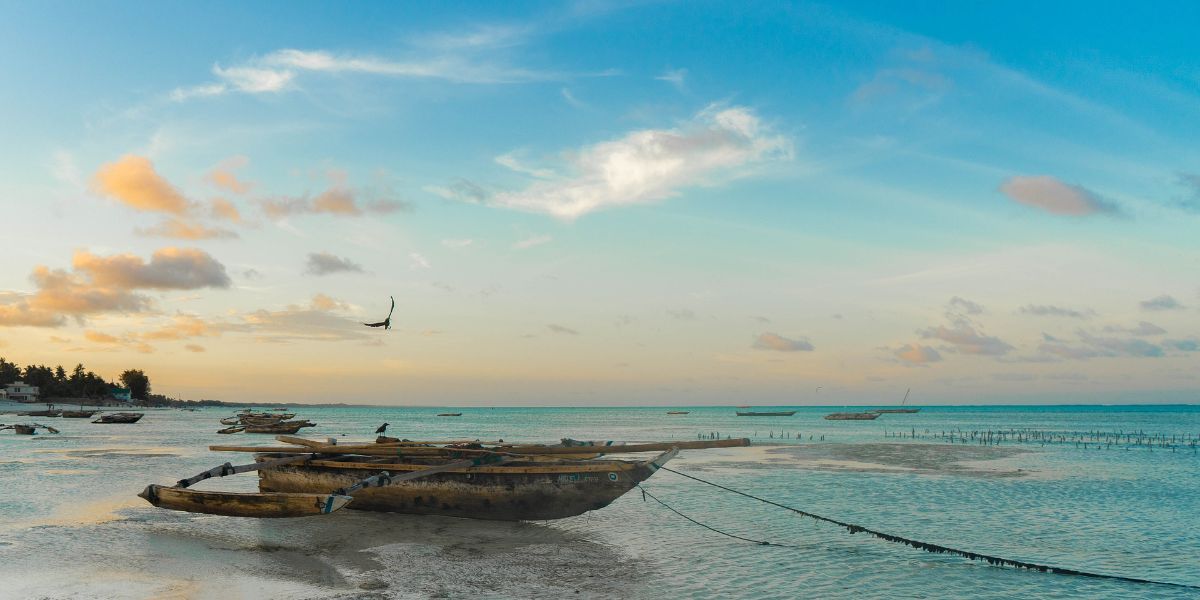The Minister for Finance and Planning (MoFP) on 8 June 2017, issued to the National Assembly the estimates of government revenue and expenditure for 2017. The government plans to organise and spend TZS 31,712.0 billion in the 2017/18 budget.
The Budget reflects priorities to speed up economic growth to achieve middle-income status, keep back revenue leakage and resource wastage, develop infrastructure, and reform government bureaucracy to boost service delivery. The Budget Bill 2017 has been published, pending tabling before the National Assembly for debate and approval. It is assumed that this Bill will be enacted into law later in the year. It will be effective from 1st of July 2017 as specified in the Bill. The overview of tax proposals contained in Budget 2017 are given below:
- A 5% withholding tax (WHT) on payment made for specified minerals (minerals that a licenced dealer is authorized to deal with) or minerals supplied by a resident person.
- The government has proposed to reduce Corporate Income Tax from 30% to 10% for the first five years from commencement of operations, for new assemblers of
vehicles, tractors and fishing boats. - The bill provides for a rise in the threshold from TZS 15 million to TZS 30 million to apply for tax relief on non-commercial motor vehicles.
- A zero VAT rate is proposed for ancillary transport services in relation to goods in transit in Tanzania. This will reduce costs of transporting goods through Tanzania and will ultimately make Tanzanian ports more competitive.
- An extension of time to submit VAT returns to the first working day following a weekend or public holiday when the due date falls on a Saturday, Sunday or a public holiday.
- Tax exemption is proposed on machinery and plant used in textile, edible oil, leather and pharmaceutical (including veterinary) industries. It is geared towards promoting investments in small and medium scale industries.
- The Bill also includes some amendments to the Excise (Management and Tariff) Act. A 5% excise duty increase is proposed on specific non-petroleum products, including alcohol, soft drinks and tobacco (except locally produced water, fruit juices and spirits).
- A decrease of excise duty is proposed on locally produced fruit juices and wines.
- An increase in excise duty on petrol, diesel and kerosene by TZS 40 per litre.
- The Minister has proposed an increase of TZS 40 per litre in the excise duty on fuel.
- An increase of 5% or 3,481 per litre in excise duty is proposed for imported spirits.
















